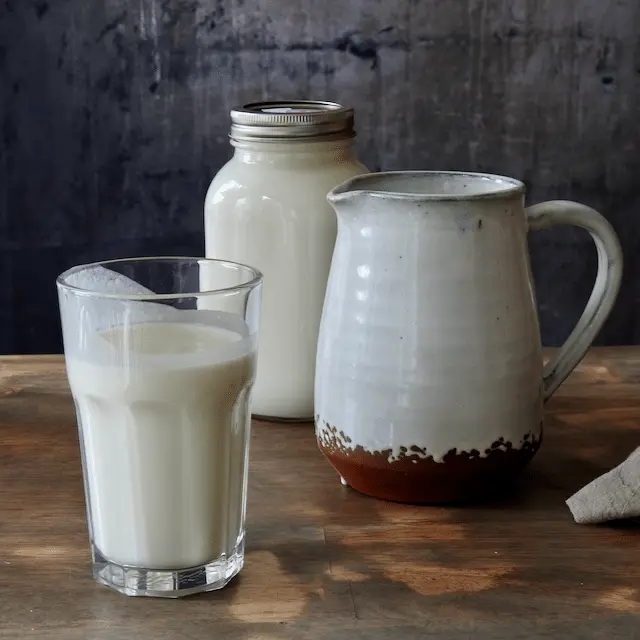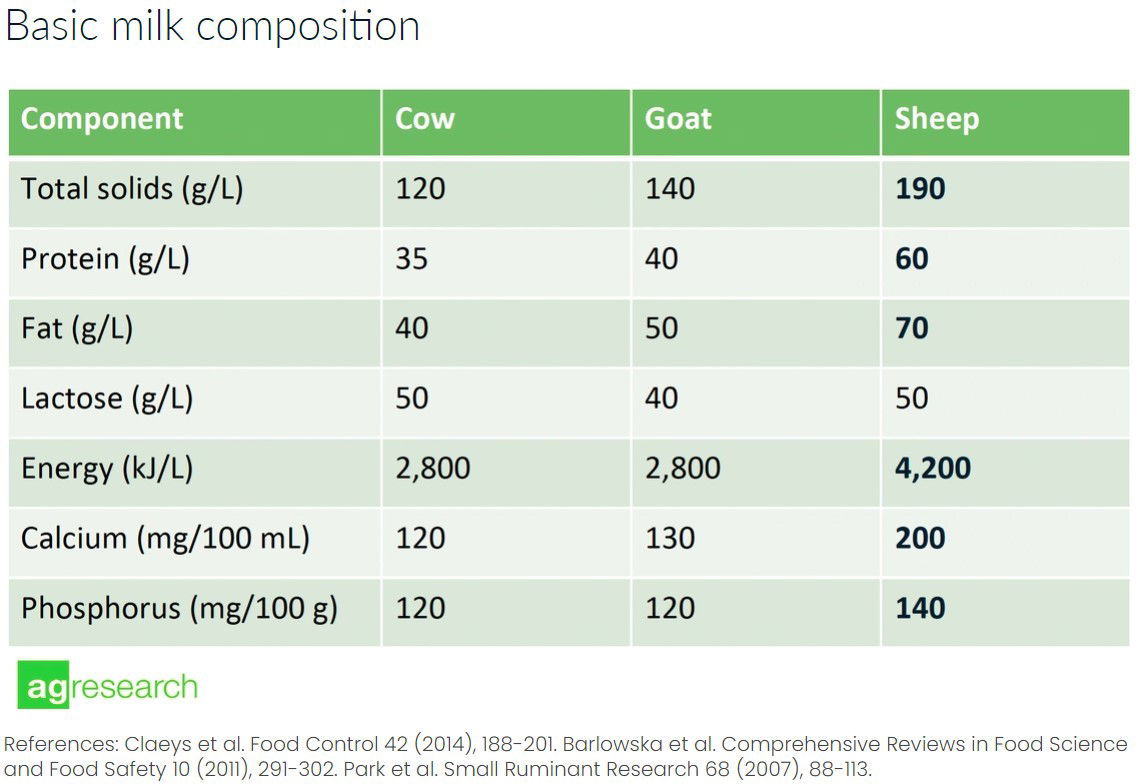ABOUT SHEEP'S MILK

Yes! You can milk a sheep!
It has been done in the Mediterranean for centuries and very possibly was one of the very first animals to be milked in that part of the world. If you have eaten any of the following cheeses (Regularly available in South Africa) French Roquefort, Basque Ossau-Iraty, Greek Feta, Italian Pecorino, Spanish Manchego or Portuguese Serra de Estrela and it had an European Union Protected Designation of Origin (PDO) logo on it, then you have had Sheep’s Cheese!
Sheep's Milk and Cheesemaking
A traditional cheesemakers’ proverb says “Cow’s milk is for butter, goat’s milk is for drinking, and sheep’s milk is for cheese” and illustrates the high regard for sheep’s milk in the cheesemaking community.
Sheep's milk is superior to the milk from goats and cows for the making of cheese. It is naturally homogenized and much richer, containing higher amounts of fat, solids, and protein.
For this reason, sheep's milk gives a much higher cheese yield than the milk from cows or goats. As a result, more yoghurt or cheese can be produced from a litre of sheep's milk than a litre of goat's or cow's milk. Sheep's milk cheese yields are 18 to 25 percent, whereas goat's and cow's milk only yield 9 to 10 percent.
Freezing does not affect the qualities of the milk, due to it being naturally homogenized. Meaning it does not separate into milk and cream. Therefore sheep's milk can be frozen and stored until a sufficient quantity of milk is available to sell or make yoghurt or cheese.
What does sheep's milk taste like?
It has a rich, creamy and slightly sweet taste. Sheep's milk has double the solids of cow’s milk, therefore it has a creamier mouthfeel. In taste sheep's milk is similar to cow’s milk, but richer. Lastly sheep's milk is different to goat's milk in that it doesn’t have a strong aroma and no salty or gamey flavour typical of goat's milk.
Last but not least:
Litre for Litre Sheep's Milk is Nutritionally Superior!
(Compared to Cow's and Goat's milk)
- Sheep milk has 60% more protein. Sheep milk protein is complete because it has all 10 essential amino acids the body needs. Sheep milk is a natural A2 Protein and does not contain A1 Beta Casein Proteins
- Sheep milk has more of the good fats! Mono- and poly-unsaturated, including Omega 3 & 6
- Sheep milk is higher in natural vitamins and minerals. A, B, B1, B6, B12, C, E, and calcium (Also more iron, magnesium, phosphorous, and zinc)
- Sheep milk is easier to digest because the fat globules are smaller and it is higher in medium- & short-chain fatty acids. It digests 4 x faster than cows milk and is therefore a gentler dairy option for those with dairy related allergies or dietary problems.
